Rashes
Understanding and Managing Rashes
The term "rash" is a broad descriptor rather than a specific condition, encompassing a wide range of skin eruptions that can result from various physiological and environmental factors. Rashes are common and affect nearly everyone at some point in their lives. Depending on the type, location, and appropriate treatment, a rash can last anywhere from a few days to several months.
Because rashes can have many different causes—from allergic reactions and infections to environmental irritants and underlying health conditions—it's important to seek expert guidance to properly identify and treat them. At The Skin Surgery Center, our dermatologists are skilled in diagnosing the underlying causes of rashes and providing customized treatment options tailored to your specific needs.
Expert Rash Care at The Skin Surgery Center
Partnering with a skin expert at The Skin Surgery Center equips you with the knowledge and tools to effectively treat and prevent rashes. Our team offers personalized care to help you manage your symptoms, reduce discomfort, and restore your skin's health. Understanding the causes and symptoms of rashes is the first step in your journey toward healthier skin.
Schedule your skin check today to begin your journey with The Skin Surgery Center, and let our dermatology experts guide you in achieving and maintaining healthy, rash-free skin.
Examples of Rashes
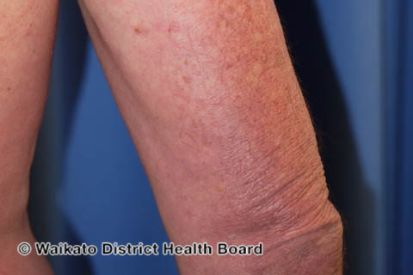
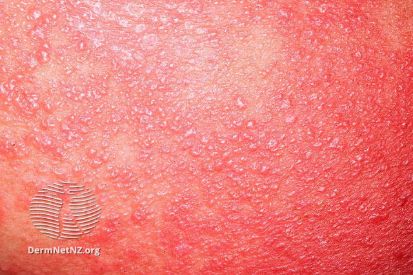
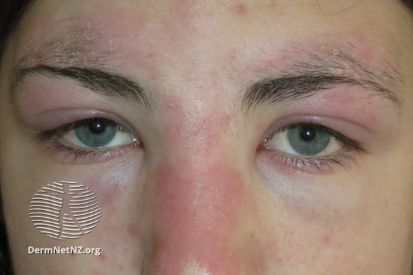
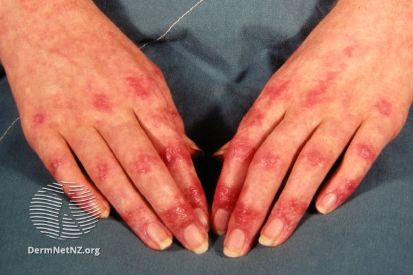
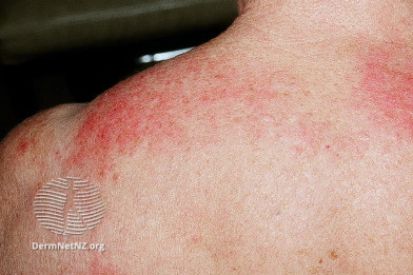
What are the Symptoms of Rashes?
- Redness: Rashes often display a reddish hue on the affected skin due to increased blood flow or inflammation.
- Itching: Itchiness is a common symptom accompanying rashes, causing discomfort and a desire to scratch the affected area.
- Bumps or blisters: Rashes may present as raised bumps or fluid-filled blisters on the skin.
- Dry or scaly skin: Some rashes manifest with dry, flaky, or scaly patches, causing roughness or peeling of the skin.
What Causes a Rash?
- Rashes can be caused by various factors, including allergic reactions to substances like certain foods or medications, skin contact with irritants, infections such as fungal or bacterial, autoimmune conditions, or underlying medical conditions.
- Environmental factors, like heat or certain fabrics, may also contribute.
- Identifying the specific cause of a rash often requires careful examination by your dermatologist in order to determine treatment.
How to Prevent a Rash
Partnering with a skin expert is the best way to determine your custom skincare routine. Scheduling regular skin checks with your dermatologist go a long way in prevention.
FAQs about Rashes
Rashes can have various causes, including allergies, infections, or skin conditions. Your body might be reacting to something it came into contact with, like a new lotion or plant, or it could be a sign of an underlying issue.
Certain skincare products, like those containing harsh chemicals or fragrances, can trigger rashes. Opting for gentle, hypoallergenic products can reduce the risk. A dermatologist can recommend products tailored to your skin's needs.
Scratching a rash can worsen the irritation and potentially lead to infection. Over-the-counter anti-itch creams, cool compresses, and keeping the affected area moisturized can help relieve itching. If persistent, consult with a dermatologist for proper guidance.
It depends on the type of rash. Some rashes benefit from being kept covered to prevent further irritation, while others may heal better when exposed to air. Your dermatologist can advise on the best approach based on the specific rash.
We Offer Diagnosis and Treatment of Skin Care Needs
How to Treat Rashes
If you're dealing with a rash, dermatological guidance is key for the right diagnosis to help you find an effective, healthy skin treatment plan. Schedule your appointment today.
Featured Blogs
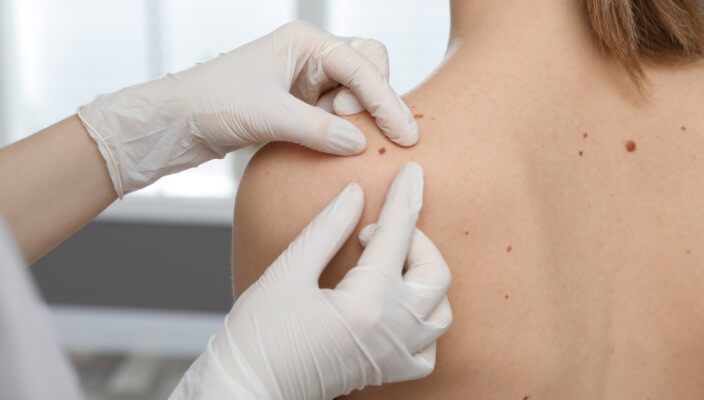
- Skin Cancer
- General Dermatology
- Skin Exams
Navigating the landscape of Total Body Skin Exams: Uncover the comprehensive process, understand why it matters for skin health, and gain insights into what to expect during these essential dermatological examinations.
Read More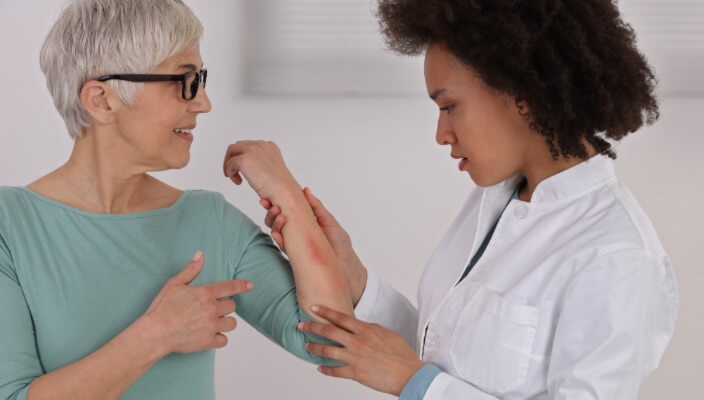
- General Dermatology
- Chronic Skin Conditions
Eczema, a chronic skin condition characterized by inflammation and intense itching, can be challenging to manage, especially during flare-ups.
Read More
- General Dermatology
- Skin Care
- Chronic Skin Conditions
Hormonal acne can be a pesky skin problem for many. The only way to address this is by finding a hormonal acne treatment that works for you and your unique skin.
Read MoreFeatured Products
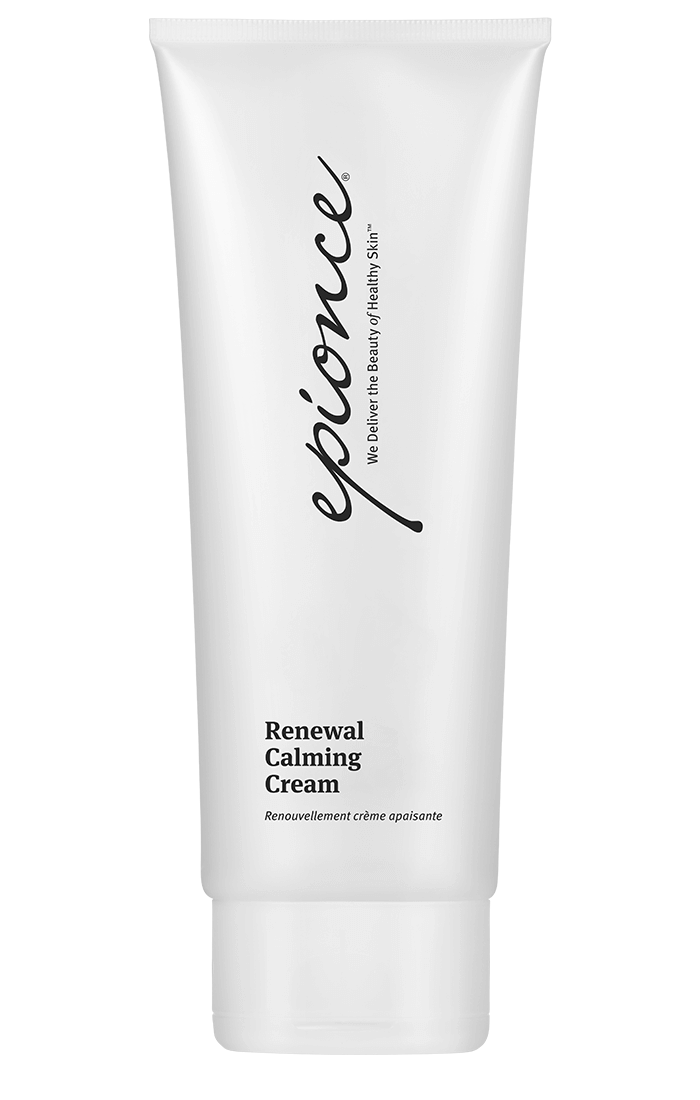
Epionce Renewal Calming Cream
Renewal Calming Cream is clinically proven to relieve the symptoms of eczema, including itching, redness and dryness. Formulated with cholesterol and ceramides to help protect the skin barrier, Renewal Calming Cream hydrates and repairs extremely dry skin.
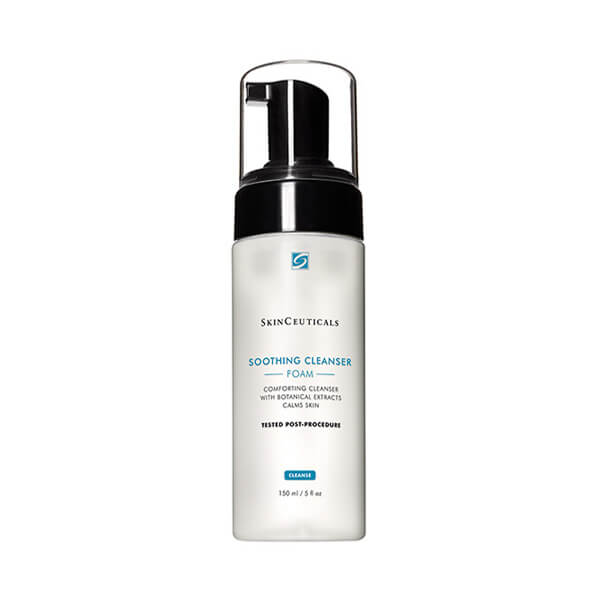
SkinCeuticals Soothing Cleanser
Calming, soap free cleansing foam with a high-concentration blend of botanical extracts to dissolve impurities while soothing compromised skin. 5 fl oz / 150 mL


